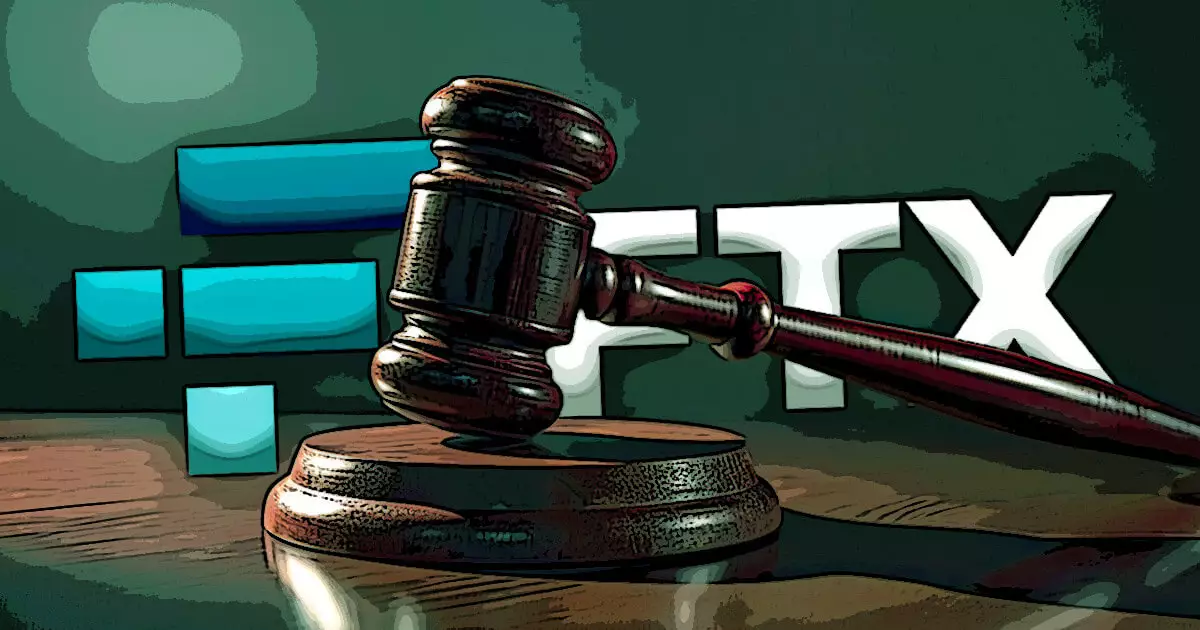A recent lawsuit against law firm Fenwick & West has prompted the firm to defend itself against allegations of fraudulent activity in their representation of FTX. In a legal filing on September 22, Fenwick outlined several grounds on which it seeks to dismiss the class action suit. This article critically analyzes Fenwick’s defense in light of the claims made by the plaintiffs, providing a comprehensive overview of the case.
Fenwick argues that the plaintiffs failed to establish that the firm acted outside the scope of representation. According to the filing, Fenwick solely represented FTX and not former CEO Sam Bankman-Fried or any other company insider. The law firm emphasizes that it was just one of many legal representatives for FTX and asserts that its services were routine in nature. By dismissing the notion that Fenwick “orchestrated” FTX’s fraud, the firm attempts to distance itself from any involvement in the alleged wrongdoing.
Addressing allegations of providing services that went beyond what is typically expected from law firms, Fenwick clarifies that certain services involved lawyers who later joined FTX and created companies linked to fraud. This, however, should not be misconstrued as wrongdoing on Fenwick’s part. The law firm contends that the plaintiffs do not claim these services were inherently wrong, but rather argue that Fenwick is liable due to its awareness of FTX’s fraudulent activities. Fenwick also notes that it provided advisory services regarding regulatory compliance in cryptocurrency trading, indicating that their involvement was within the bounds of legal representation.
To strengthen its defense, Fenwick points out that the plaintiffs failed to demonstrate the firm’s knowledge of or direct assistance in FTX’s fraud. Furthermore, they assert that there is no evidence to suggest Fenwick participated in a RICO enterprise, a crucial element for the plaintiffs’ legal claims. By emphasizing the absence of these essential factors, Fenwick seeks to refute the allegations and, ultimately, have the class action suit dismissed.
The plaintiffs’ arguments against Fenwick rely on inferences regarding the law firm’s monitoring and diligence policies. Additionally, they draw attention to an email in which Daniel Friedberg, a former Fenwick employee, acknowledges cash-sharing between FTX and its sister firm, Alameda Research. Fenwick denies that the existence of this email proves their awareness of alleged wrongdoing at FTX. This rebuttal challenges the plaintiffs’ assertion that the email serves as incriminating evidence against Fenwick.
The defense put forth by Fenwick & West in response to the FTX class action suit attempts to dismantle the allegations made against the firm. By focusing on the lack of evidence pertaining to their knowledge and participation in FTX’s fraud, Fenwick aims to have the lawsuit dismissed. The law firm also refutes claims that it provided services beyond the scope of standard legal representation, asserting that the controversial services were not inherently wrongful. As the legal proceedings progress, it remains to be seen whether Fenwick’s defense will successfully counter the plaintiffs’ claims.


















